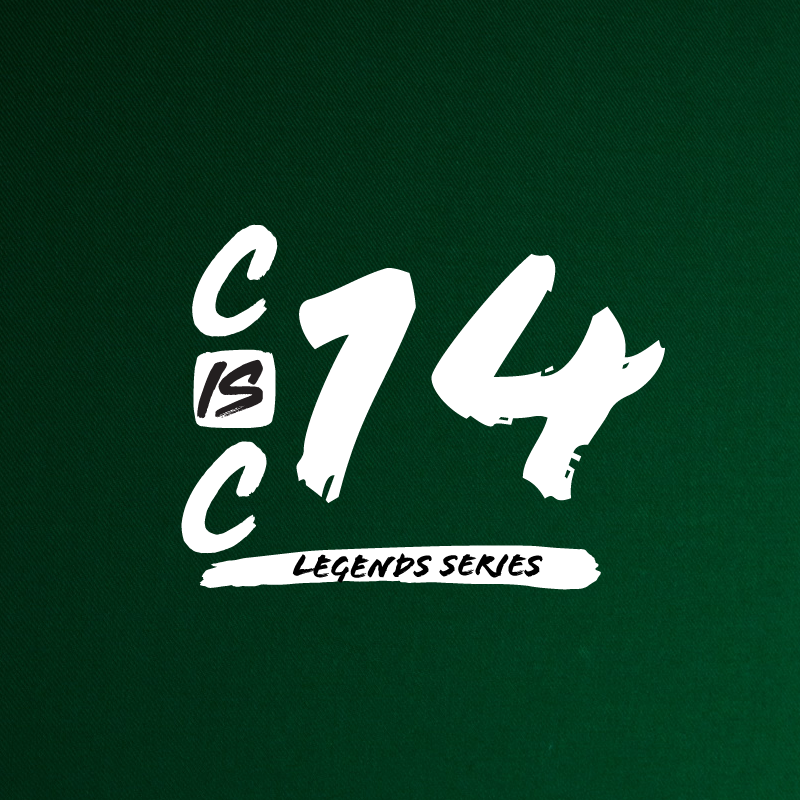I've had multiple lessons in person from Stan and Joe Tucker and I couldn't agree more. Superstars of superstars when it comes to teaching, especially in their specialty but also everything in pool. Unfortunately, Stan gets brutalized unfairly by a small pack of members on this forum that have no clue and want to be "big man on campus" and have free reign to do it.I travel overseas and develop slogans for many of the top sporting goods manufacturers. I have my own private jet and in my contracts I actually have pool lessons written in as part of the contract (as a bonus) if the company meets their goal. I have literally been to every top instructor in the United States. I have seen Jerry, Stan, Tor, Mark, Dave etc. They are all EXCELLENT. Here is what I will tell you. Hands down, Anthony Beeler is the best and Joe Tucker is a close second. If you put these two people together, you might conquer the world. That is only my opinion but I have only went to see one instructor two times and it was Beeler.
Tor has some of the BEST videos out there that I've seen and can be purchased through ZERO-X. (google it)
Pattern Play for position (controlling the CB) on CD is a 3 disc/5hour gem for any and all players and will improve a player immensely.
I've seen Anthony Beeler's background on the PBIA website of members. His playing history is impressive. He's been in the trenches, on the front line, in a lot of battles. Click below: (your background and what you do is quite impressive also)
(suddenly, I think I need my own private jet)

Master Instructors
Location: Prescott, AZ. These PBIA Master Instructors have dedicated their professional careers to developing, growing and promoting the cue sports. For more information on how requirements an…
Last edited:


